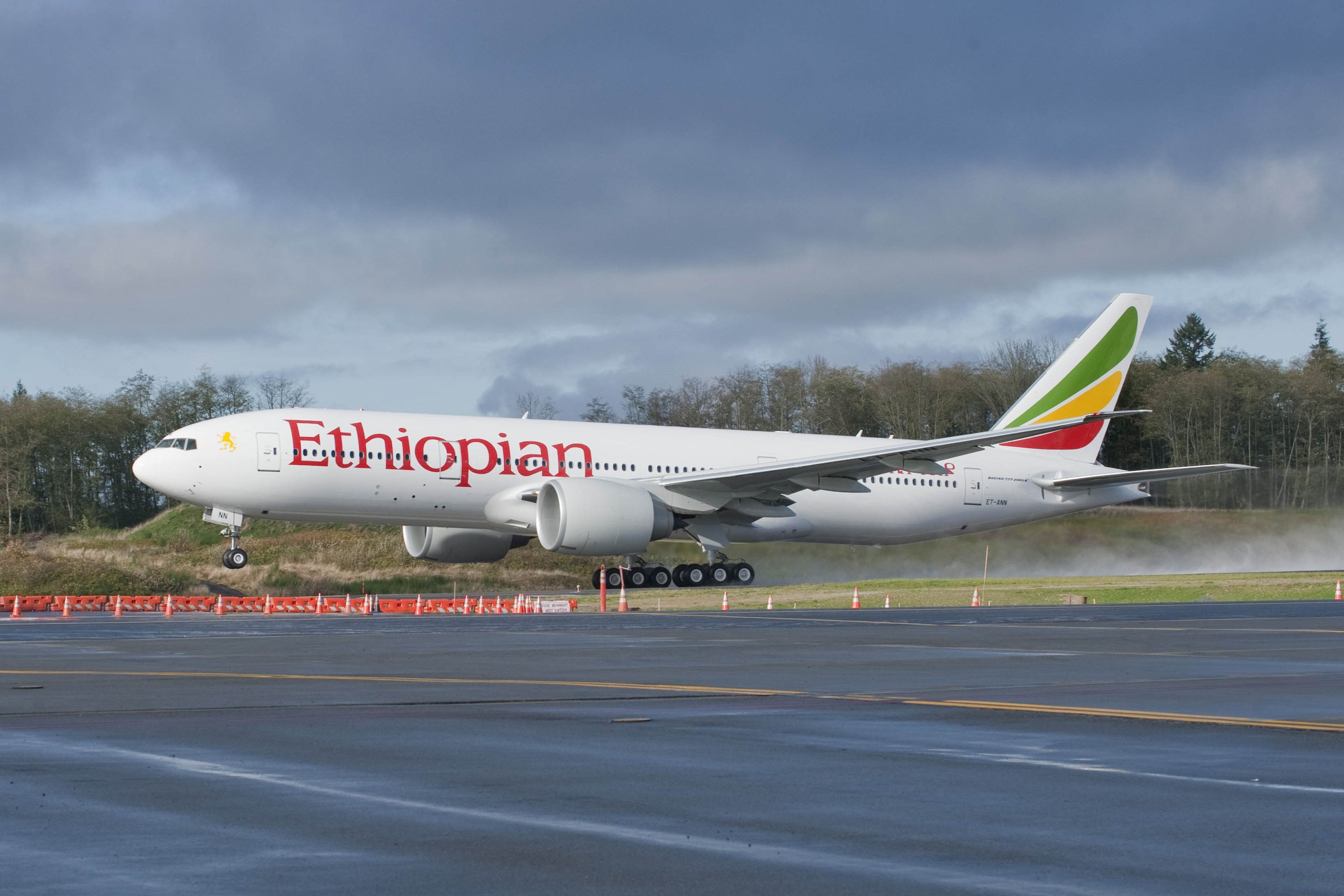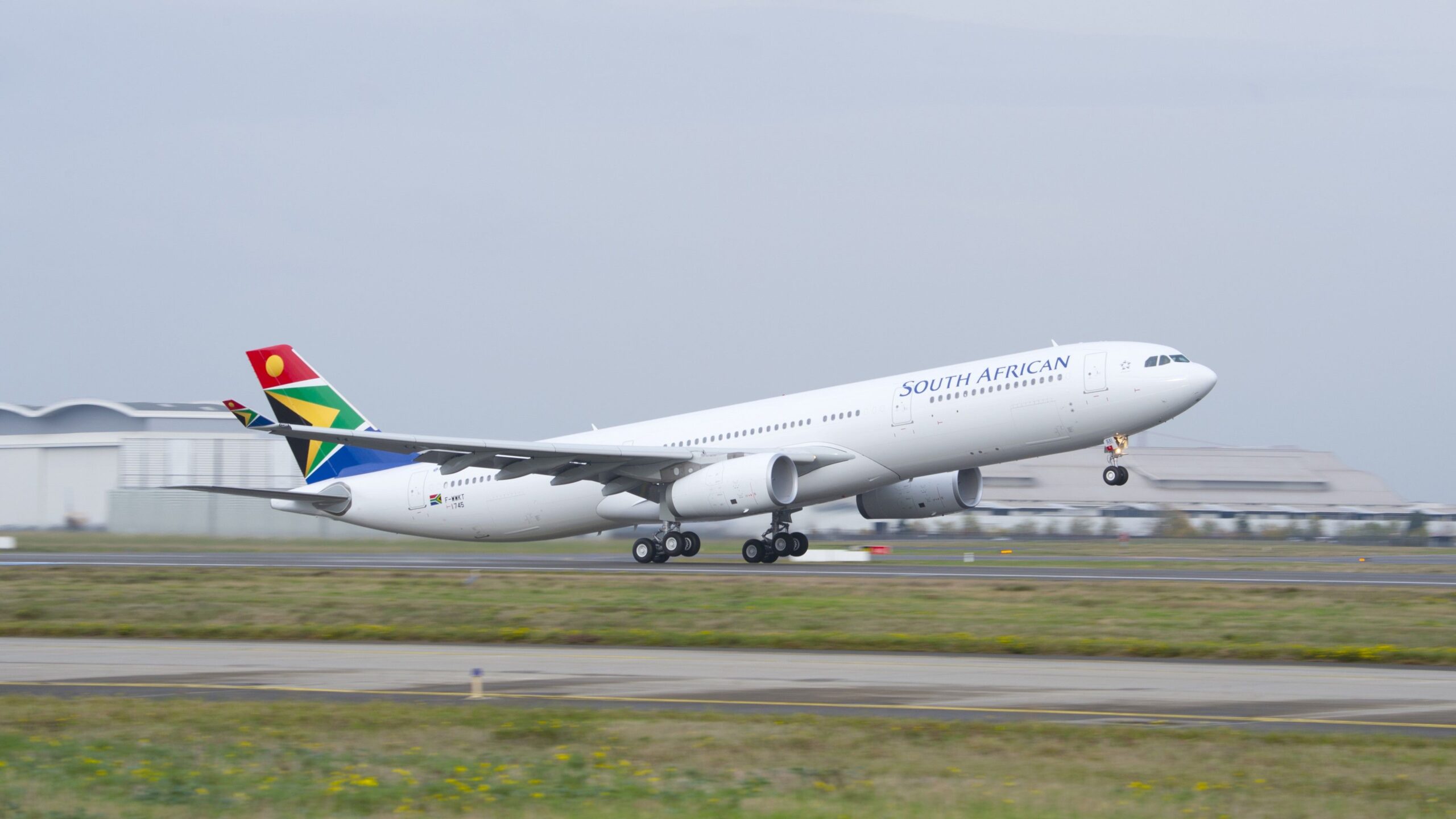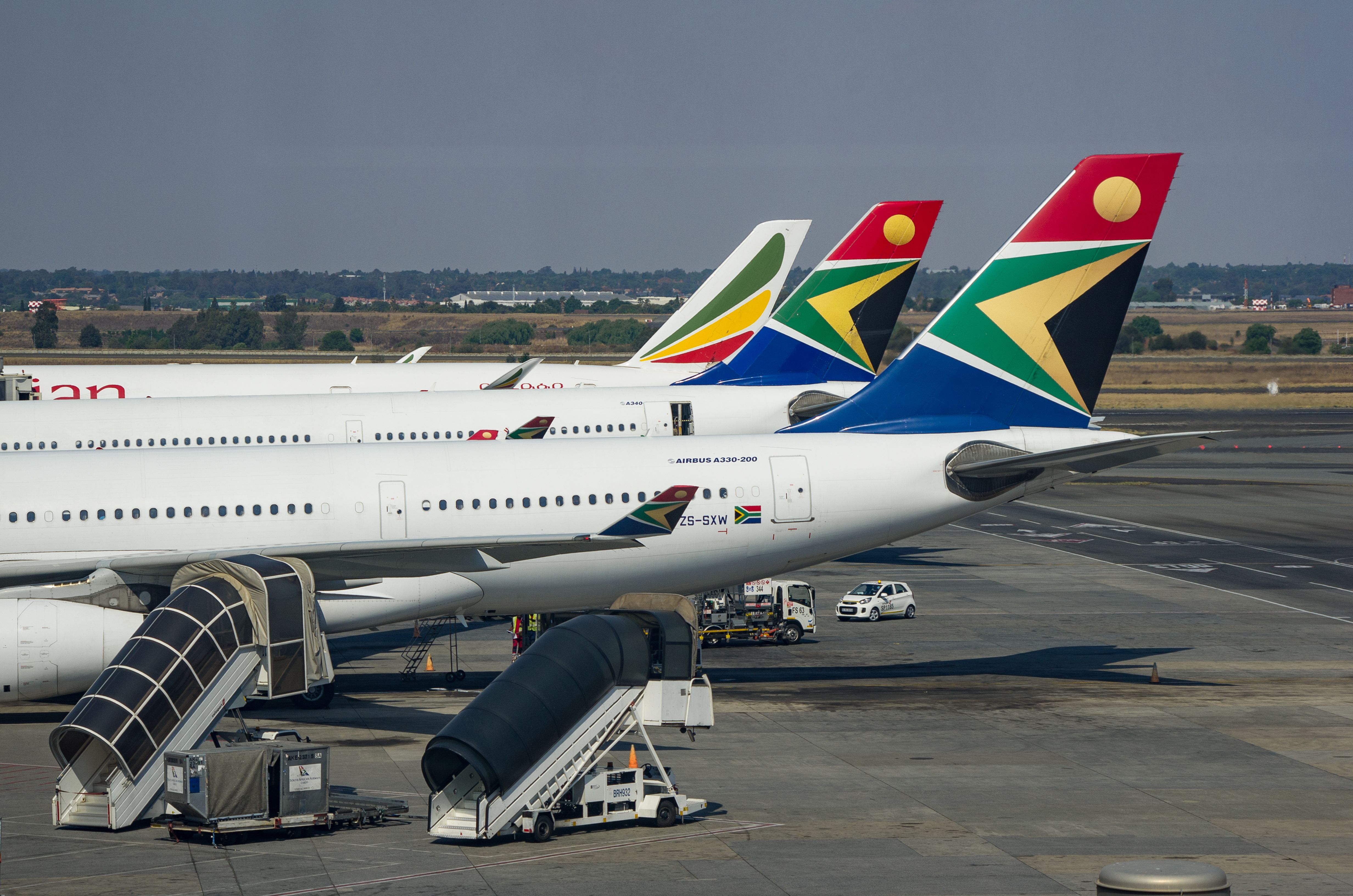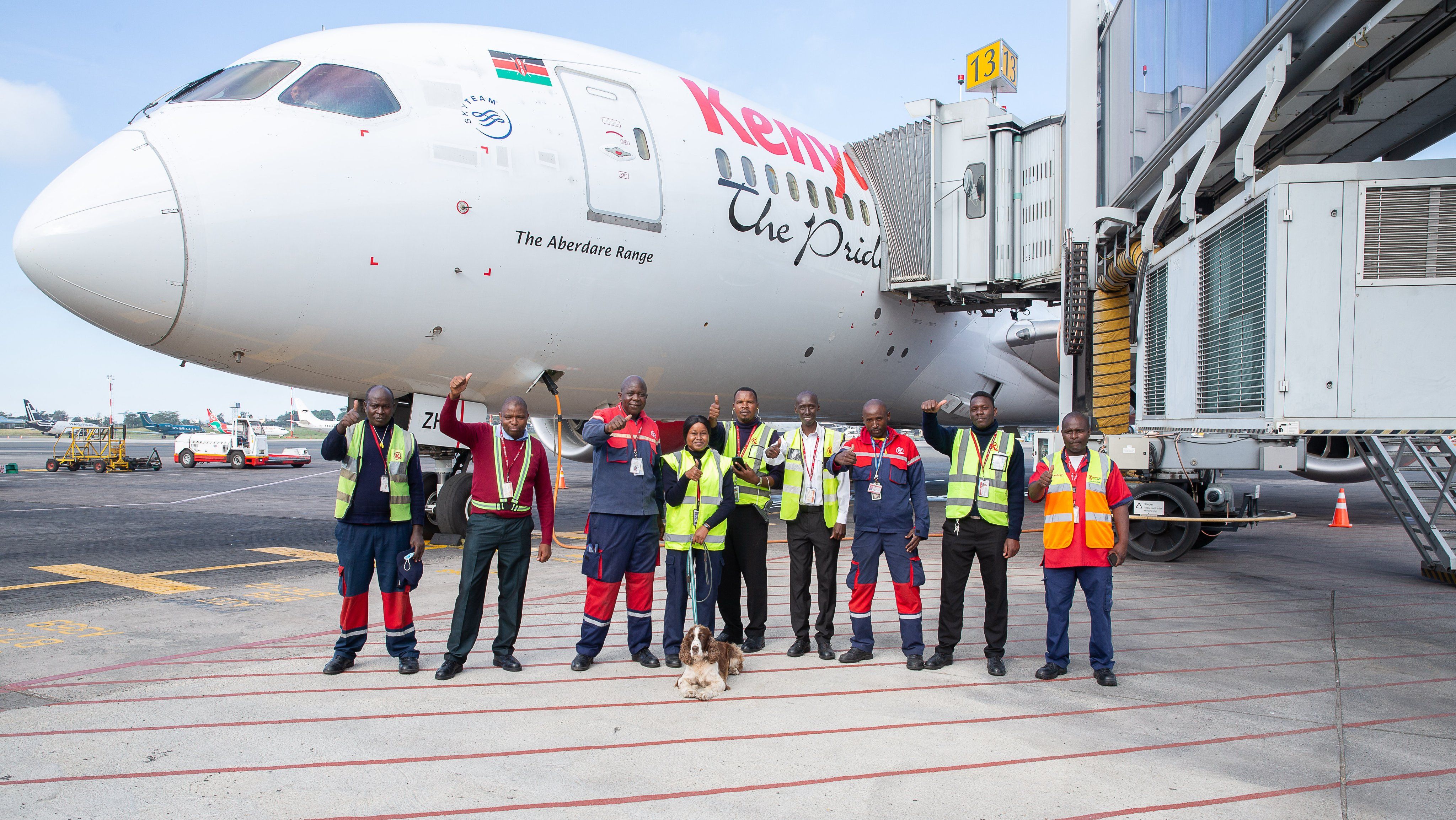Summary
- Africa’s aviation industry has huge growth potential but faces challenges like infrastructure constraints, high costs, and lack of connectivity.
- IATA’s Focus Africa initiative aims to improve safety, sustainability, and economic development in the region.
- Africa’s aviation sector is expected to triple in job creation and economic activity over the next 30 years.
The International Air Transport Association (IATA) will continue its efforts to address various challenges faced in Africa for a sustainable aviation market. Through Wings of Change Focus Africa (WOCFA), IATA aims to ensure a more resilient and sustainable African aviation sector.
Enhancing aviation’s contribution in Africa
After a successful Focus Africa launch in Addis Ababa last year, the Wings of Change Focus Africa (WOCFA) conference will return for its second edition under the theme “Towards a more Resilient and Sustainable African Aviation.” This year, the event will take place in Johannesburg, South Africa, the home of the host airline, South African Airways.
Photo: LO Kin-hei | Shutterstock
Focus Africa looks to enhance the contribution of air travel to the socio-economic development of Africa, a market that has significant growth potential. Aviation facilitates the movement of people and goods across the continent, creating several job opportunities and economic activity. There are several regions where these benefits are yet to be realized. Speaking about Wing of Change Focus Africa, IATA Regional Vice-President for Africa and the Middle East Kamil Alawadhi said,
“Africa’s aviation market holds immense untapped potential, with expectations for traffic to double in the next 15 years. The Focus Africa Initiative has identified key priorities that, if addressed collaboratively and effectively, will bolster Africa’s aviation industry and enhance its socio-economic impact. A year into the Focus Africa Initiative, we have seen progress in areas such as safety, but there is still a long way to go.”
WOCFA will contribute to the sector’s further progression by addressing critical areas such as safety, security, sustainability, economic development, and the industry’s overall resilience. The Focus Africa initiative rides on six key areas, which, if addressed, will enable tangible and sustainable progress in response to African aviation’s most pressing challenges.
Addressing African aviation challenges
According to IATA, Africa stands out as the region with the greatest potential. While Africa accounts for 18% of the global population, it only contributes approximately 2.1% of global air traffic. However, it has the youngest and fastest-growing population in the world, creating a massive opportunity for aviation on the continent. As of 2023, the industry was estimated to support $63 billion in economic activity and 7.7 million jobs. Projections suggest that the scale of aviation’s jobs and GDP footprint in Africa could triple over the next 30 years.
Photo: Kenya Airways
Over 260 million passengers are expected to be traveling to and from Africa by 2035. This growth will create numerous new employment opportunities, increase economic activity, and contribute to the socio-economic development of the continent. However, there are several challenges that still need to be addressed, which include the following:
- Lack of sufficient infrastructure: Many African airports do not offer a good passenger experience, suffering from underinvestment, insufficient processing capacity, and bottlenecks in service levels at various touchpoints.
- High costs: African airlines face excessively high costs across several parameters. Aircraft fuel, user charges, airport taxes, maintenance and overhaul, and insurance in Africa are all higher than the industry average.
- Lack of connectivity: The lack of connectivity also prevents African airlines from growing, with distances that should take a few hours taking up to a day or more to travel. The Single African Air Transport Market (SAATM) and the African Continental Free Trade Area (AfCFTA) can ensure a better-connected Africa, but they are yet to be fully implemented.
- Finance and distribution: The main challenge in finance and distribution is the failure of international airlines to repatriate their funds in certain countries. There is also a need to improve access to international settlement systems for more secure, effective, and cost-efficient financial services. Nigeria has been notorious for holding airline funds, but some progress has been made in recent months.

Related
African Airlines Show Impressive 20.7% Increase In Year-On-Year International Traffic
While there is a surge in capacity, load factors have dropped to 74%.
The Focus Africa initiative seeks to address these challenges, building on decades of partnerships and engagement with African governments and stakeholders to meet clear and measurable objectives. The initiative continues to focus on improving safety, infrastructure, connectivity, finance and distribution systems, sustainability, and future skills.
What are your thoughts on this story? Please let us know in the comments!



